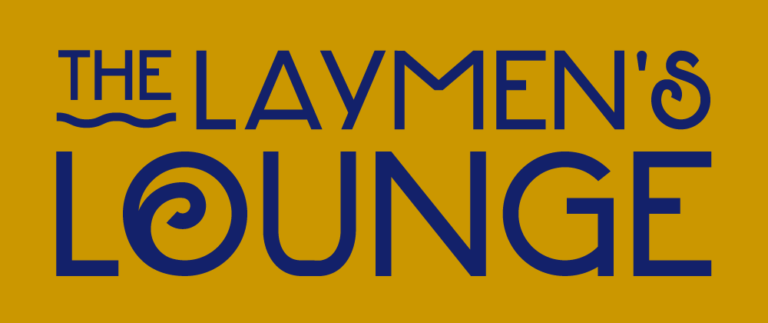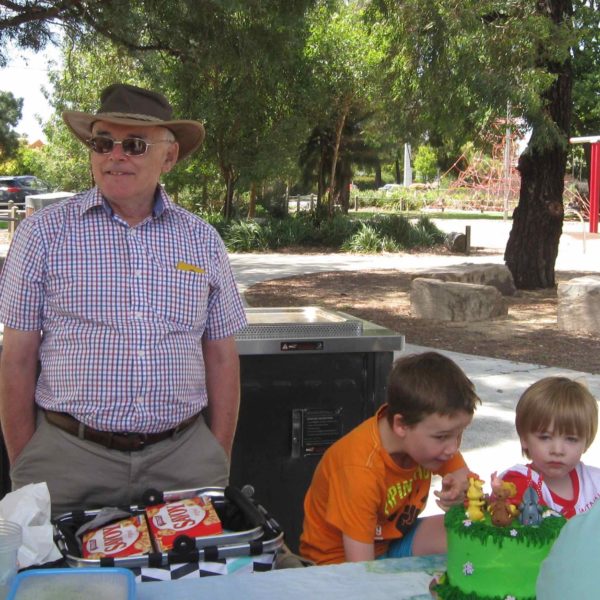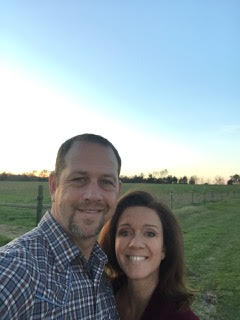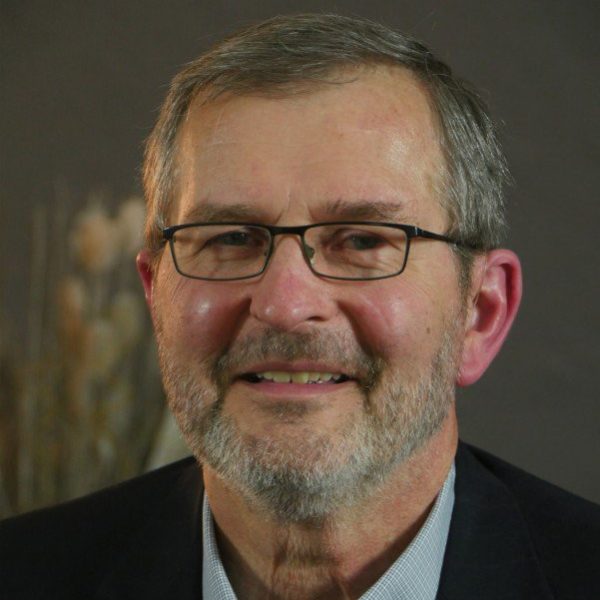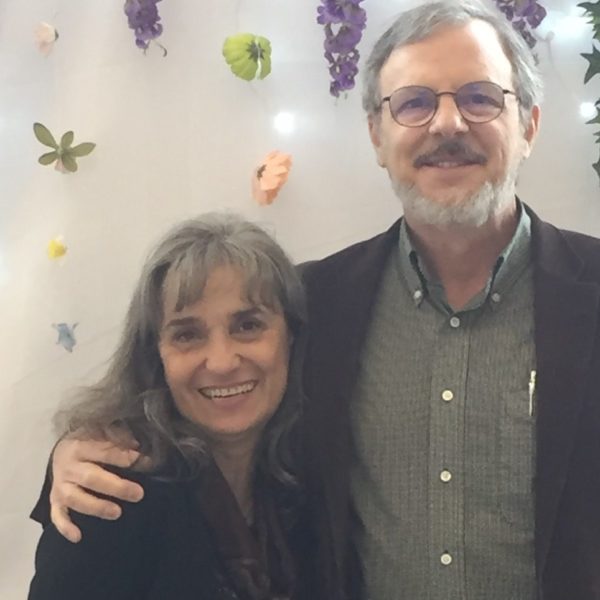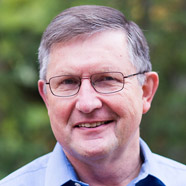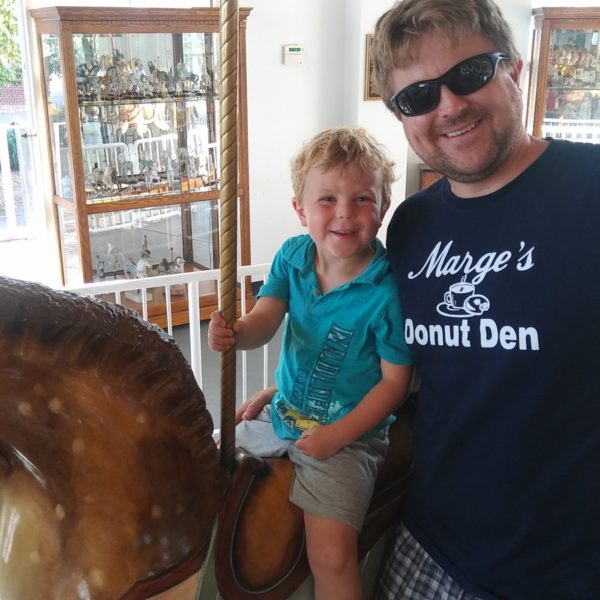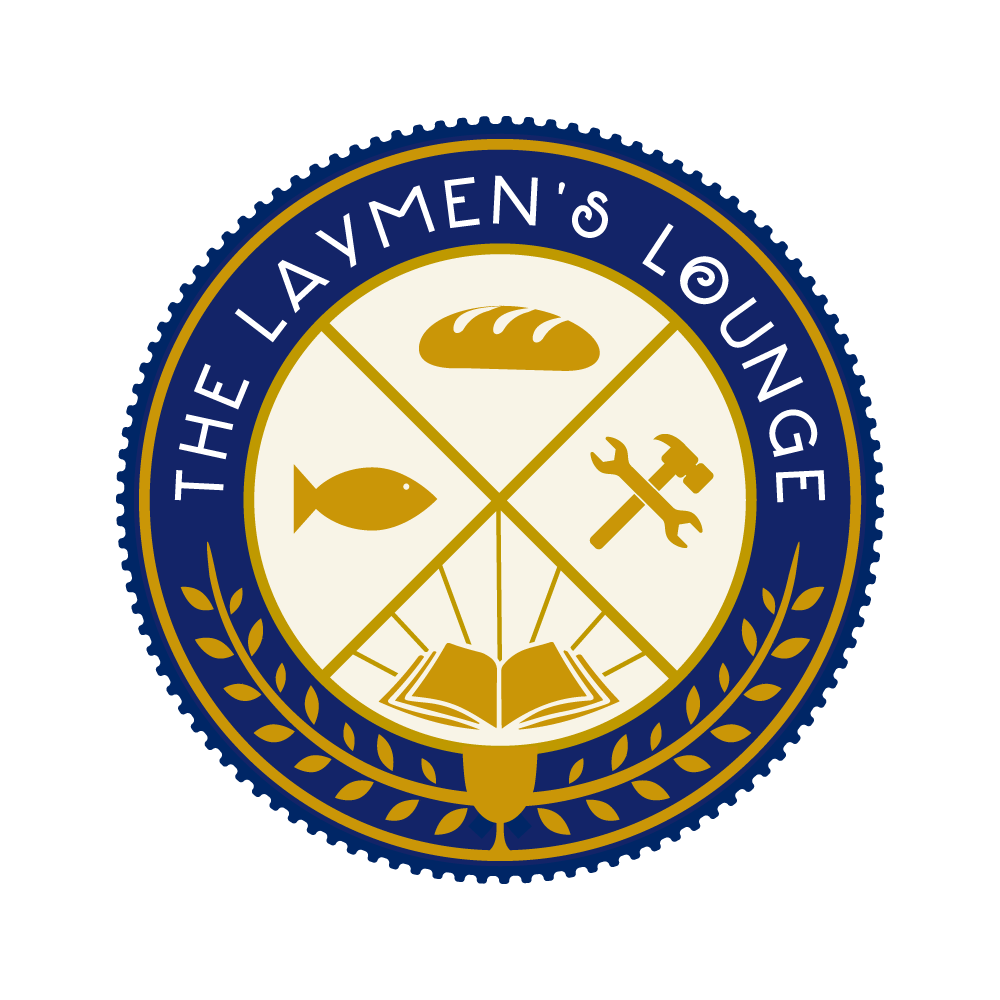The term “sin” has lost its teeth, or at least its bite. In contemporary society it sounds almost quaint, like “things the Victorians would have disapproved of.” The truth is a bit more sinister. Sin is the rejection of God and his created order. Sin is disbelief or distrust or disinterest in God’s word. This is a serious offense, for God’s word has laid down not only the law of the land, but the laws that govern the whole created order.
Sin as the denial of reality. For what is more real than God’s word, which Jesus says will last longer than the heavens and the earth themselves (Matt. 5:18; 24:35)? To go against God’s word is thus to go against the grain of reality. It’s like ignoring the laws of gravity in preference to one’s own idea about what happens to falling objects. How silly – and dangerous! To ignore the law of gravity is to risk doing serious harm to oneself. In not loving our neighbor as ourselves, we violate not simply our neighbor but God’s revealed law.
The motivation not to sin should now be clear: we need to get with the program, God’s program! God’s will is not oppressive but liberating. The laws he gives are for our good. This is the thrust of Psalm 1: one who delights in God’s law and obeys it will prosper and flourish. So: our first motivation not to sin should be to honor God rather than to take his place by preferring our own words and laws. Creatures should do everything in their power not to “de-God” God. Talk about fraud! But that’s precisely what idolatry is. We defraud God by depriving him of the honor due him and him only. Our second motivation not to sin should be the desire to live according to the created order. This is wisdom. Sin is only foolishness, and death.
In the final analysis, sin is much worse than immorality – doing wrong things. Sin is first and foremost an offense to God. In disbelieving God’s word and disobeying God’s law, we dishonor God’s name. God is not mocked: in denying the wisdom, trustworthiness, and authority of God’s word, we pass judgment upon ourselves. What is sin? It is our dumb preference for death and destruction…
